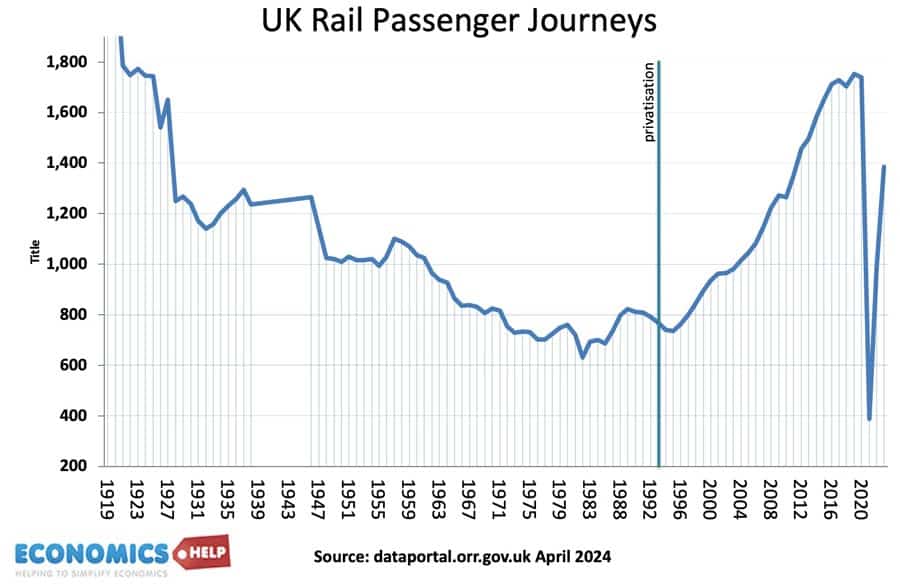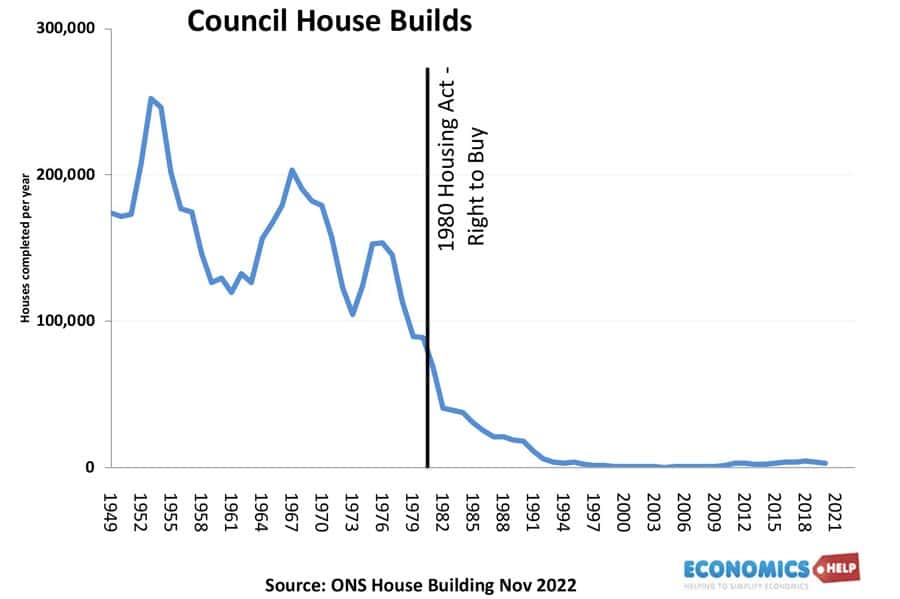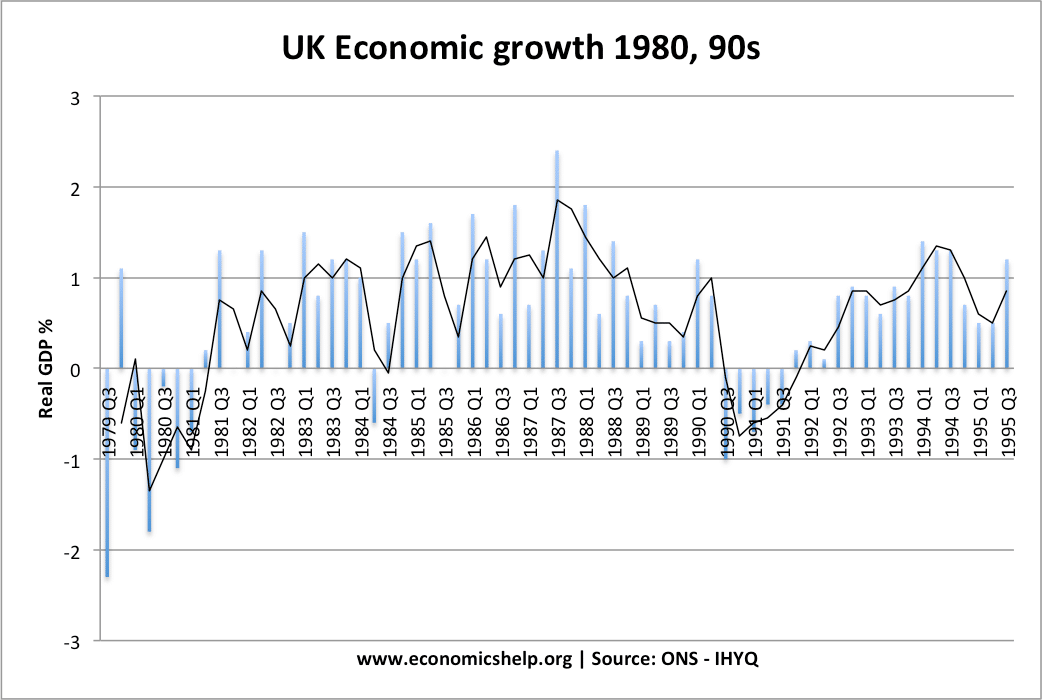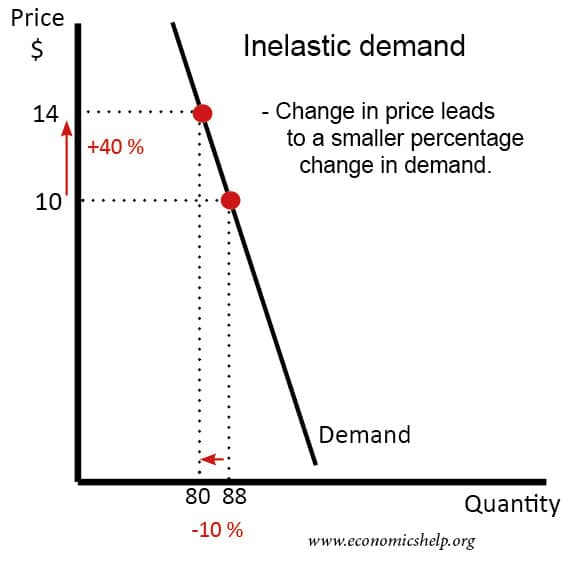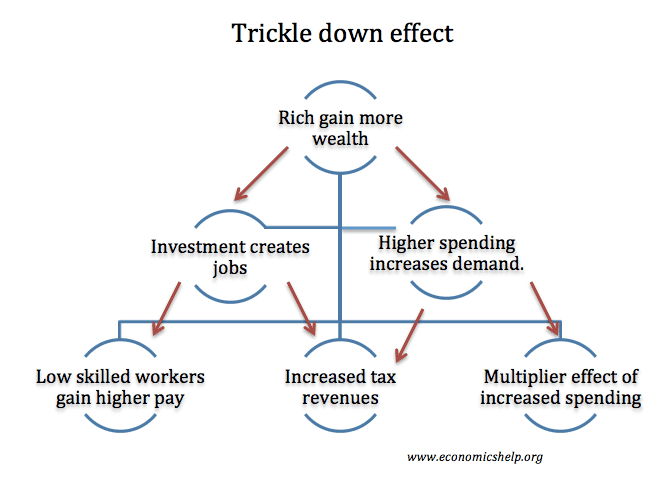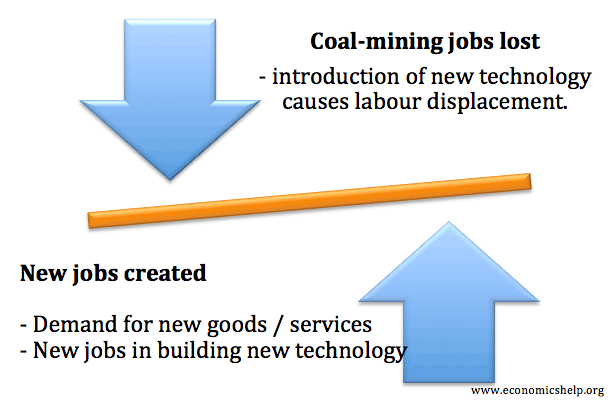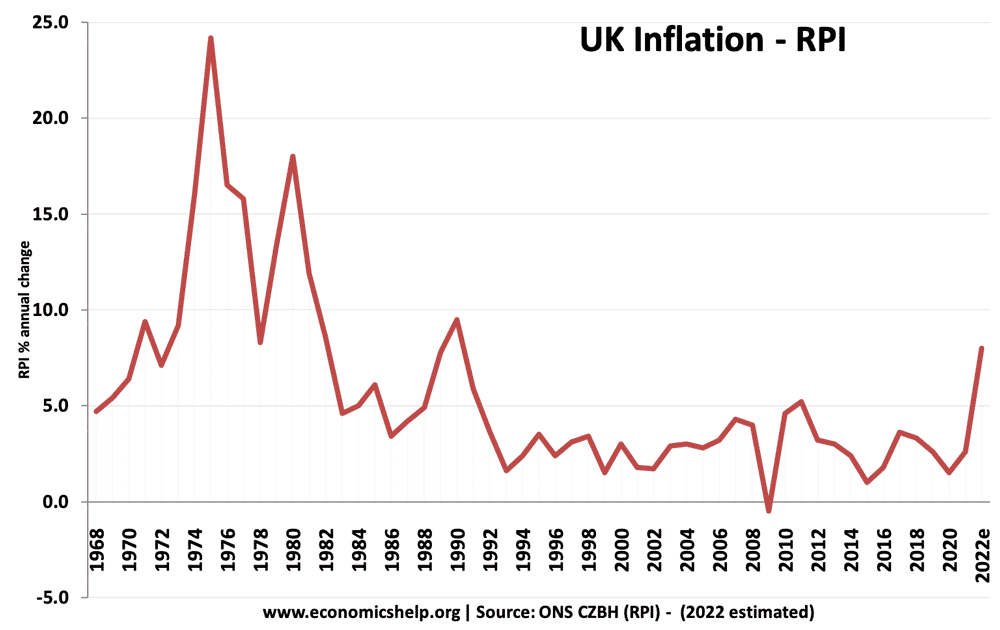Rail Privatisation – Success or Failure?
Rail Privatisation Failure – Why we pay more for TrainsWatch this video on YouTube In the Victorian age, the UK led the world in building railways, it was an invention that changed the world. But, by the 1980s, the state owned British Railways was the butt of jokes, stale sandwiches, declining passengers and closed lines. …

